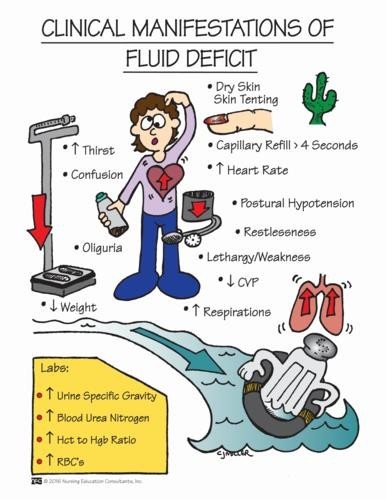A nurse is preparing to transfer a client from an acute care facility to a long-term care facility.
Which of the following information should the nurse plan to include in the transfer report?
Discontinued medications
Resolved health conditions
Frequency of vital sign collection
Completed nursing interventions
None
None
The Correct Answer is B
A. Discontinued medications are documented in the medical record but are not the primary focus of the transfer report.
B. Resolved health conditions should be included in the transfer report so the receiving facility has a clear understanding of the client’s current health status and any changes in care needs.
C. Frequency of vital sign collection is part of ongoing care but is not the most critical information to communicate during transfer.
D. Completed nursing interventions are documented in the record but do not need to be emphasized in the transfer report.
Nursing Test Bank
Naxlex Comprehensive Predictor Exams
Related Questions
Correct Answer is C
Explanation
A: The client's statement reflects feelings of confusion but does not indicate immediate harm or danger to themselves. It requires therapeutic communication and support but not immediate action.
B: The client's statement expresses concern about their future relationships but does not indicate immediate harm or danger to themselves. It requires support and counseling but not immediate action.
C: Correct. The client's statement suggests significant emotional distress and a potential risk for self-harm or suicidal ideation. Immediate action is required to assess the client's safety and provide appropriate interventions, such as involving a mental health professional.
D: The client's statement indicates dissatisfaction or regret about the mastectomy decision but does not indicate immediate harm or danger to themselves. It requires supportive communication and addressing concerns but not immediate action.
Correct Answer is ["B","D","E"]
Explanation
A: A full bounding pulse is a sign of increased fluid volume or fluid overload, not fluid volume deficit.
B: Cool extremities can be an indication of decreased peripheral perfusion, which may occur in fluid volume deficit.
C: Moist crackles in the lungs are an indication of fluid volume excess or pulmonary congestion, not fluid volume deficit.
D: Orthostatic hypotension, which is a drop in blood pressure when changing from lying to standing, can be a sign of fluid volume deficit due to inadequate blood volume.
E: Flat neck veins are an indication of decreased venous return and can occur in fluid volume deficit.

Whether you are a student looking to ace your exams or a practicing nurse seeking to enhance your expertise , our nursing education contents will empower you with the confidence and competence to make a difference in the lives of patients and become a respected leader in the healthcare field.
Visit Naxlex, invest in your future and unlock endless possibilities with our unparalleled nursing education contents today
Report Wrong Answer on the Current Question
Do you disagree with the answer? If yes, what is your expected answer? Explain.
Kindly be descriptive with the issue you are facing.
